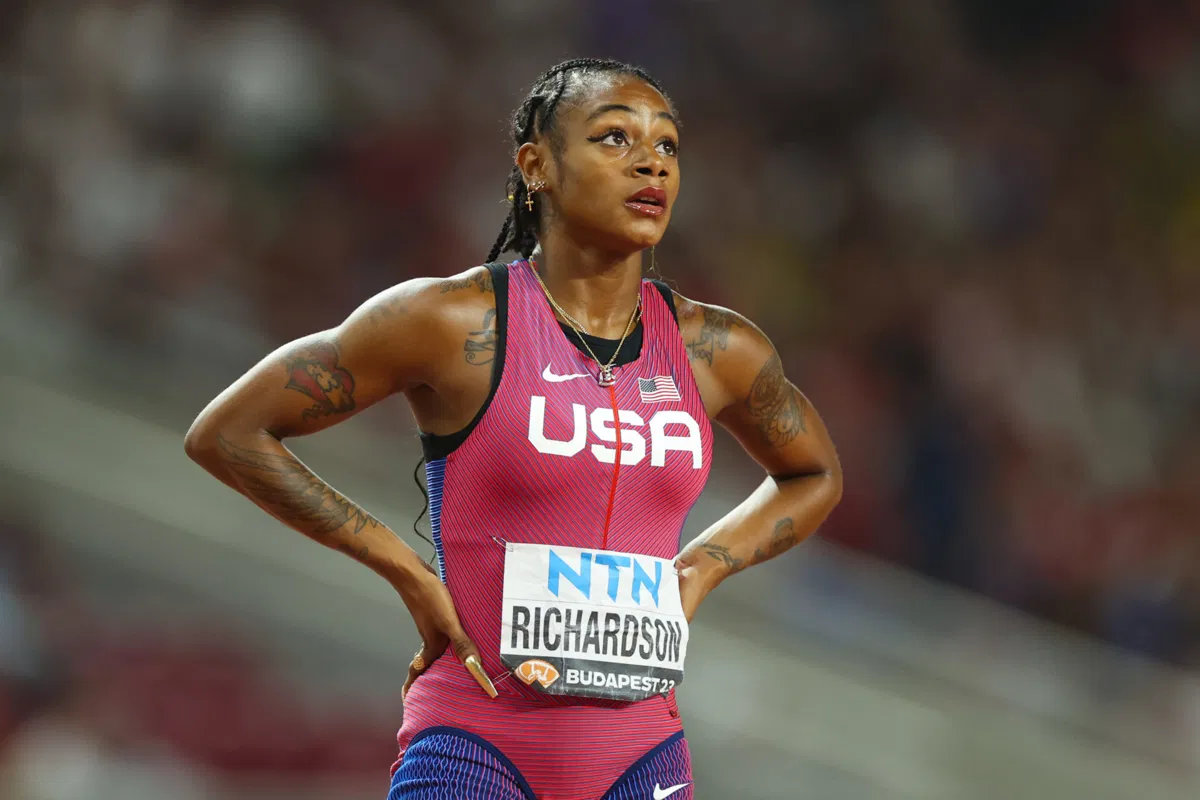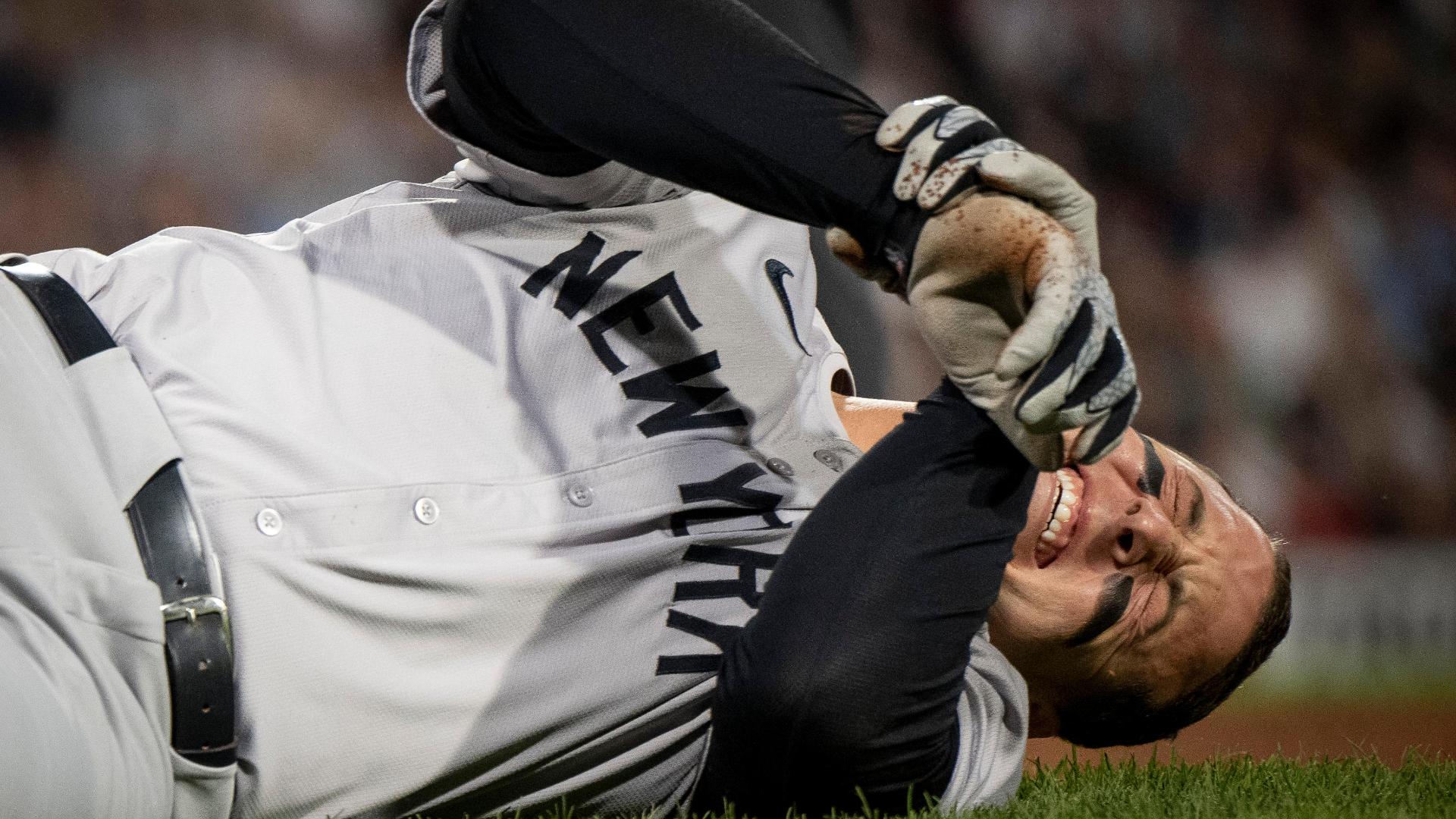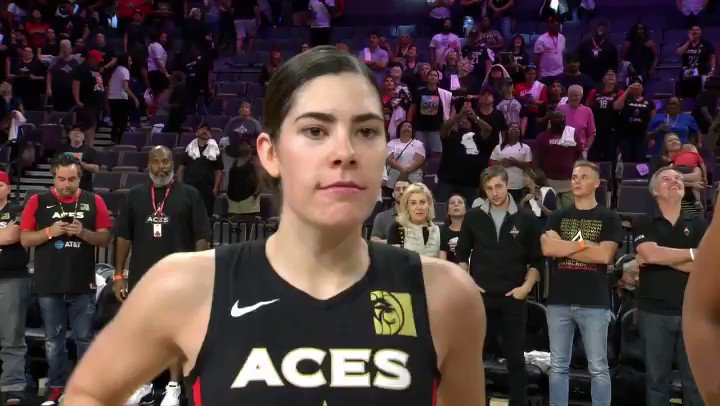Sha’Carri Richardson’s unstoppable momentum knows no bounds, not even her shoelaces, as she secures her spot at the 2024 Paris Olympics. It is her first Olympics appearance; however, it could have been her second if she had not been suspended at the Tokyo 2020 Olympic trials, which destroyed her hopes. Nonetheless, on June 22, 2024, Richardson won the women’s 100m sprint at Hayward Field in Eugene, Oregon, in 10.71 seconds, the world’s fastest time this year.
Sha’Carri Richardson, who turned professional at the age of 19 in 2019, faced a rocky road to Olympic gold, with the COVID-19 epidemic delaying her opportunity until 2021. Despite this delay, her moment ultimately came, and she shone.
She electrified the audience by winning first place in the 100 meters at the Tokyo Olympic trials.
However, her ambitions were dashed when she tested positive for marijuana, resulting in her disqualification and subsequent ban, which forced her to miss the Tokyo Olympics. Richardson relates her marijuana use to coping with the loss of her mother, which is a legal option in her Oregon home. But did this setback limit her development? Likely not.
She made a comeback after the Tokyo Olympics and participated in a Diamond League race later that same year, but faced a loss in the 100m, finishing last. However, despite facing criticism, she defiantly declared, “Talk all the s—you want, ’cause I’m here to stay. I’m not done’.” Her outspokenness and refusal to back down, even in the face of adversity, endeared her to many, resonating with those who admired her authenticity and relatability.
Emanuel Hudson, Richardson’s agent, noted that her ability to connect with people stemmed from her authenticity, giving a “voice” to those who saw themselves in her struggles and triumphs. Despite the controversy surrounding her suspension, Richardson garnered widespread support, even from unexpected quarters such as the U.S. Anti-Doping Agency.
This groundswell of support prompted a re-evaluation of cannabis’s status as a banned substance by the World Anti-Doping Agency. However, despite its legal and cultural acceptance in many parts of the U.S., cannabis remains prohibited by WADA. But her challenges didn’t end there only.



